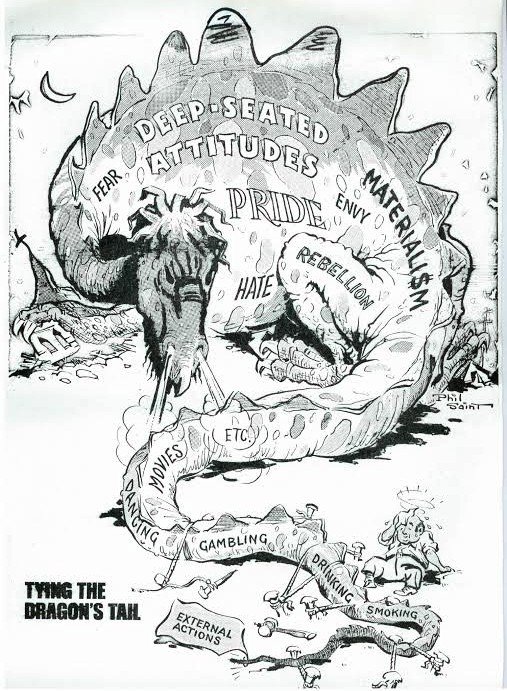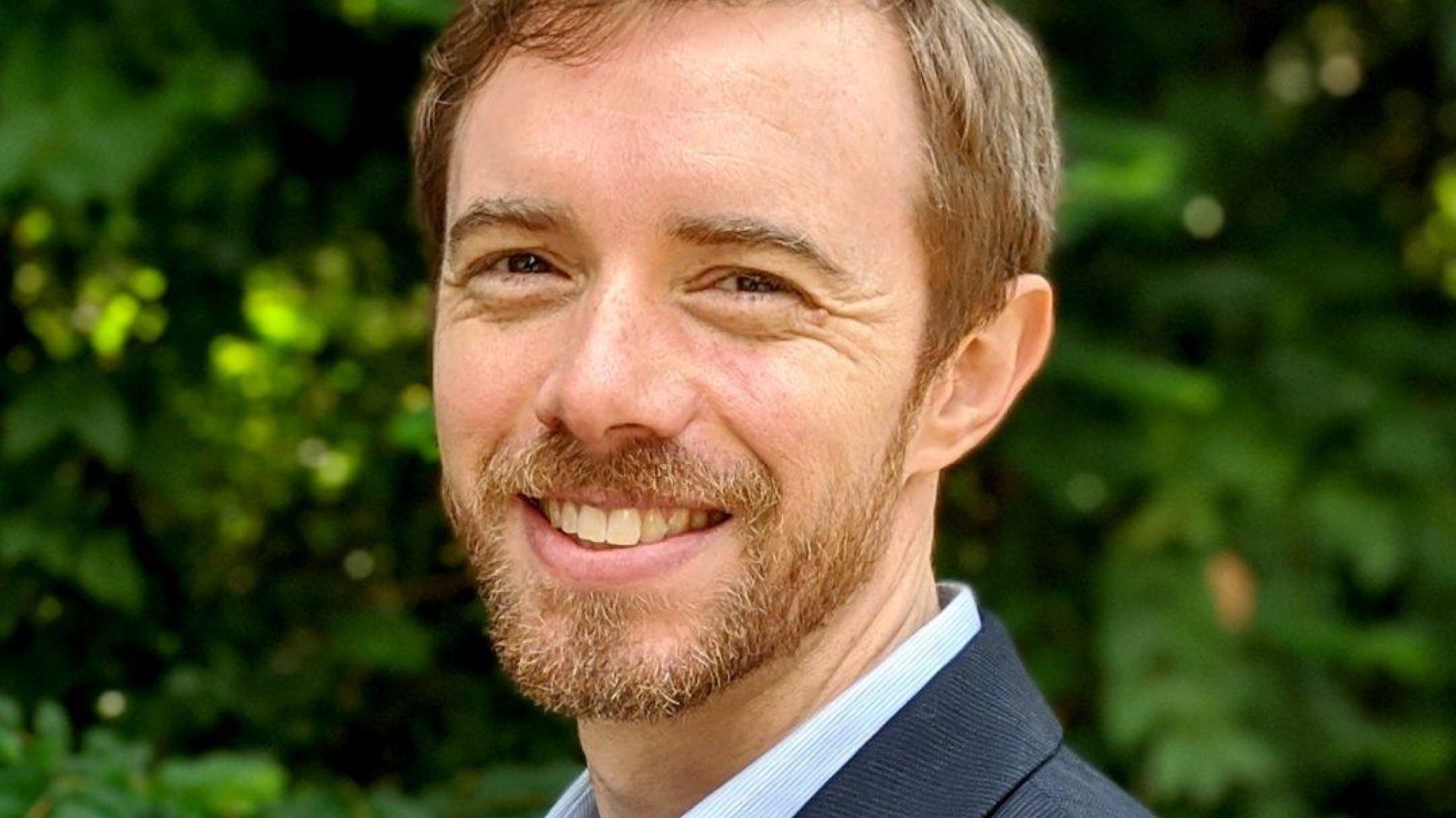
Written by Jason Montoya on . Posted in Christian Faith.
The EMPTINESS of "Good" Christian Behavior with Cult Survivor, Christy Lynne Wood

Life is Hard. Business is Challenging. The World is Uncertain.
Leaders, freelancers, and entrepreneurs: Get stories & systems, for navigating the challenges, in your inbox.
Welcome to a listen-to-learn episode of the Share Life podcast. In this episode, I'm speaking with author — Religious Rebels: Finding Jesus in the Awkward Middle Way (affiliate link) — Christy Lynne Wood about the Poverty of a Moralistic Gospel.
Christy spent the 90s in a Christian cult, but Jesus found her anyway. She started deconstructing and reconstructing her faith long before those were buzzwords. The Jesus she’d met and the god of her cult couldn’t be the same God.
Christy continues to pick apart legalism, twisted Scripture, and lies in a search for the truth. She is passionate about helping people leave behind empty religion as they seek Jesus. Christy lives in West Michigan with her wonderfully opposite husband and their two children.
What's This Conversation About?
We explore the following questions and ideas in our conversation.
-
What is moralistic Christianity (focused primarily on good behavior)?
-
The history of Christy's religious background and how it relates to a moralistic Christianity.
-
How Jesus met Christy in a transformational way.
-
Moral bankruptcy and moral impoverishment or emptiness, as Christy puts it in her article, as it relates to our current societal context for the church.
-
Discussing Christy's reaction to Mark Vernon's quote about his article Against Moral Christianity. Here is what he says. "What doesn’t occur to the apologists is that Christianity might not be about morality. After all, there was plenty of it around in the first century. The Jews read the Hebrew Bible with its prophetic calls for justice. The Stoics majored on how to live, as did the Epicureans, though they were a little less successful in terms of impact. Nietzsche picked up on that in an interesting way. He liked the Epicureans because they seemed to him to resist what he called the “slave morality” of Christianity. What the German disliked about Christianity, as he saw it, is the way it turns human weakness on its head, by valorising it, rather than attempting what the Epicureans did. They strove to overcome weakness with practices that strengthen resolve – in Epicurus’s case, an ability to face suffering and death with equanimity." Mark Vernon, Against Moral Christianity
-
What if the root of Christian moralism is an empty gospel that has to force people to behave and change?
-
Why do we evangelicals spend so much time telling people to stop sinning? To follow the rules? And to change by themselves?
-
Maybe we don’t believe that the Holy Spirit actually brings life to dead people.
-
The verse Christy shared from the Apostle Paul in Galatians. It reads, “You foolish Galatians! Who has cast a spell on you? Before your eyes Jesus Christ was vividly portrayed as crucified! The only thing I want to learn from you is this: Did you receive the Spirit by doing the works of the law or by believing what you heard? Are you so foolish? Although you began with the Spirit, are you now trying to finish by human effort?” Galatians 3:1-3
- Watch: Click here to watch this discussion on Youtube directly, or click play on the embedded video above to begin streaming the interview. Click here to subscribe to my YouTube channel.
- Listen: Click here to listen in on Spotify directly, or click play below to immediately begin streaming. You can also find this discussion on Pocket Casts, Itunes, Spotify, and wherever you listen to podcasts under the name, Share Life: Systems and Stories to Live Better & Work Smarter or Jason Scott Montoya.
Related Content
The Hills & Valleys Have Taught Me A New Type of Faith
February 21, 2014
The Reasons For The Hope That I Have
August 15, 2020
Tagged: Podcast - Listen To Learn
Last Updated: April 29, 2025















